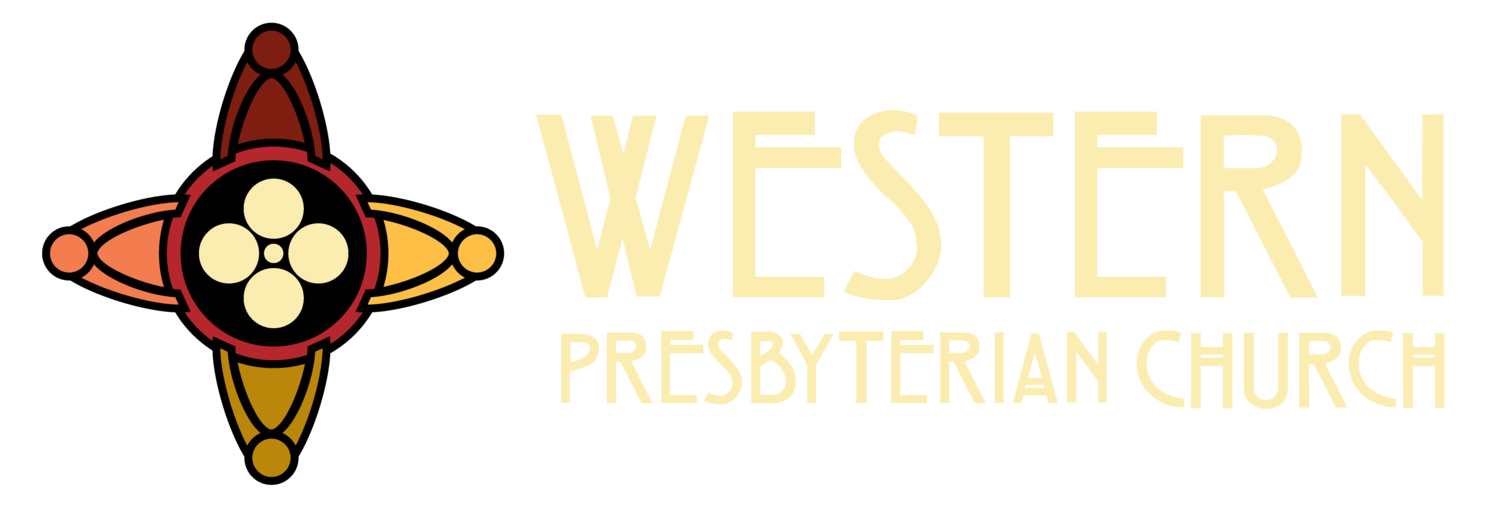A Word from Laura: Land
As we get ready for this weekend before Indigenous Peoples’ Day, what used to be celebrated as Columbus Day, I’ve been doing some homework on the Doctrine of Discovery. I had never heard of this doctrine until National Capital Presbytery co-sponsored a 2016 overture for the Presbyterian Church (USA) to repudiate it.
If you were part of the Free Inquiry class when Western’s former interim pastor, Rev. Leslianne Braunstein, spoke, you’ll know the Doctrine of Discovery came about in 1452 when Pope Nicholas V issued a papal bull provided theological justification and legal backing for Europeans to invade and seize non-Christian lands, enslave non-Christian people “in perpetuity” and take their property. The doctrine became part of US legal jurisprudence as well as a foundation for church mission.
In 2018, the PC(USA) General Assembly issued a report incorporating the United Nations Permanent Forum on Indigenous Issues’ recognition that “[i]n all its manifestations, “discovery” has been used as a framework for justification to dehumanize, exploit, enslave and subjugate Indigenous peoples and dispossess them of their most basic rights, laws, spirituality, worldviews and governance and their lands and resources.” (You may read the rest of the report here.)
In addition, the report recommends the use of antiracism resources and articulation of theologies that contravene the results the Doctrine of Discovery. We will use some of these resources in our worship this Sunday, focusing on the theology of land belonging to God, rather than to humans. Our worship service will use prayers and liturgy written by descendants of what many call First Nations, and I hope to honor their stories.
The report also encourages Presbyterian programs and councils to consider land acknowledgements in recognition of the native peoples who have inhabited the land where they meet. (This consideration was part of the program on Right Relationships with Native Americans sponsored by the Antiracism Group as well as our presbytery’s Allyship training.) As we prepare for Sunday, I encourage you to remember the native peoples who once lived and farmed and worshiped on the land where you currently reside. (Click here for a map organized around native territories, languages and treaties.)
And then I hope you’ll join us for worship this Sunday, as we rediscover and reclaim the sacredness of land. Until then, a blessing of the land, from former US poet laureate and member of the Muscogee/Creek nation, Joy Harjo.
May you discover, rather than an unjust claim on land, its blessing, in Harjo’s words, “from the top of its head to the bottom of its feet,”
Laura

